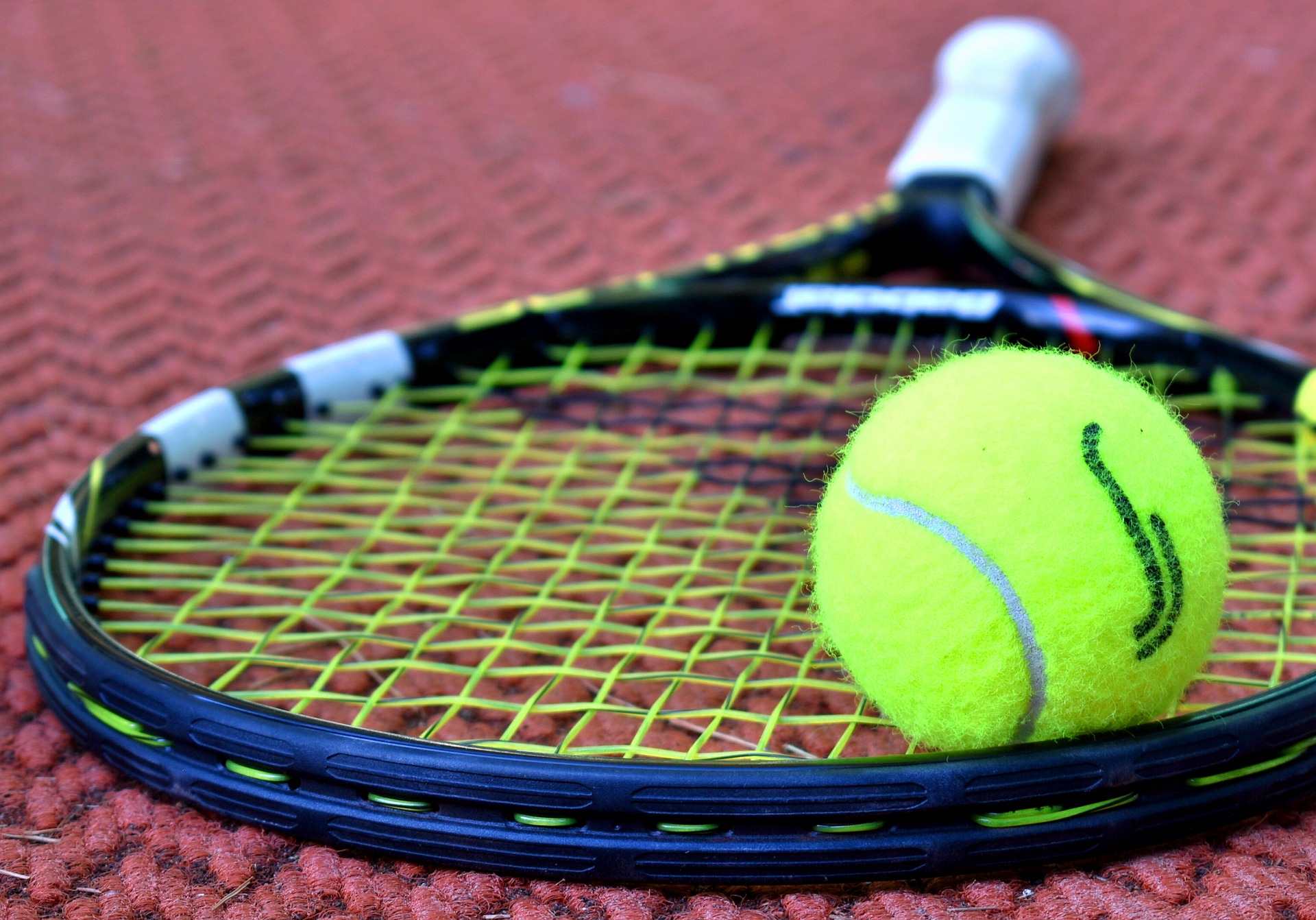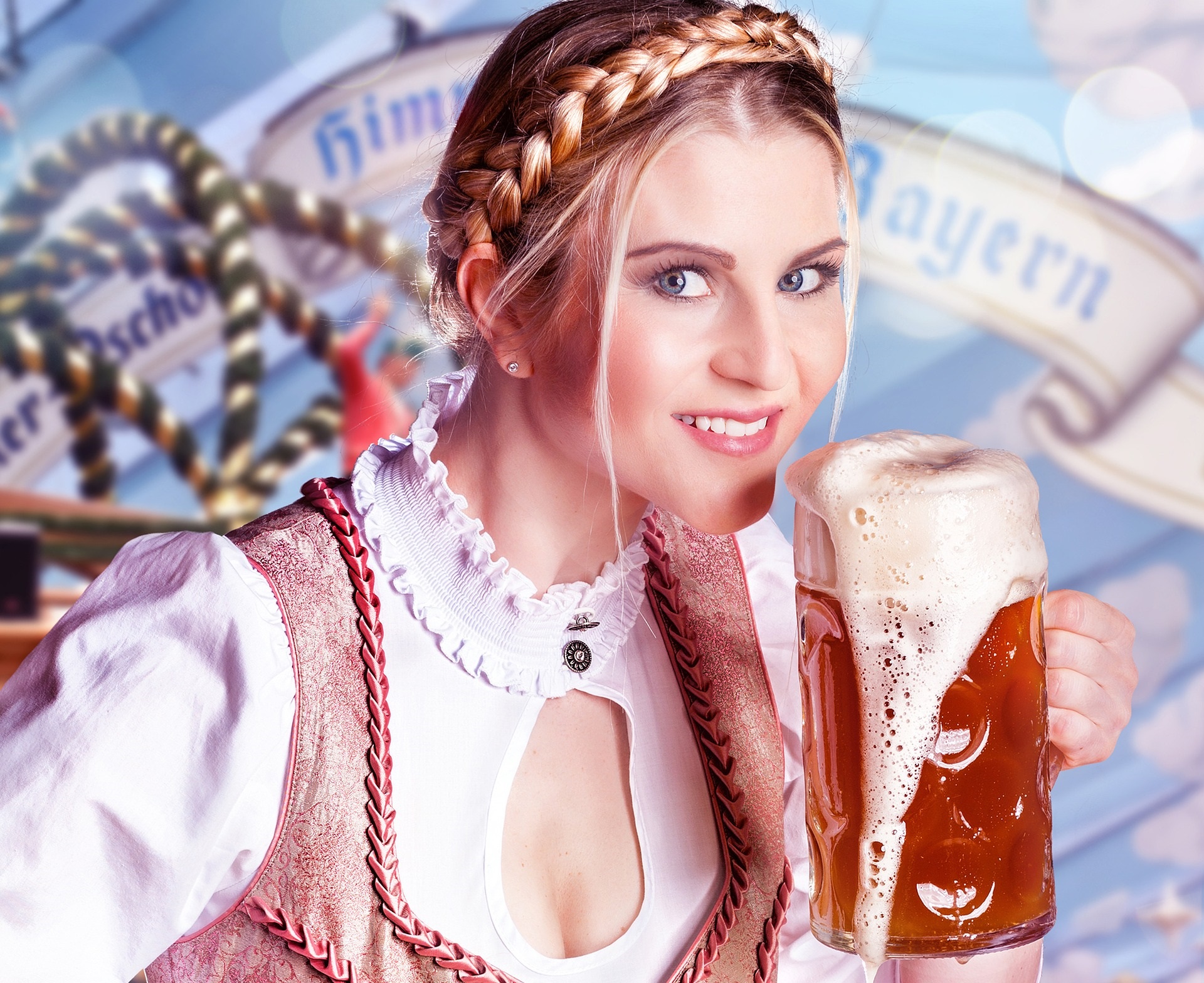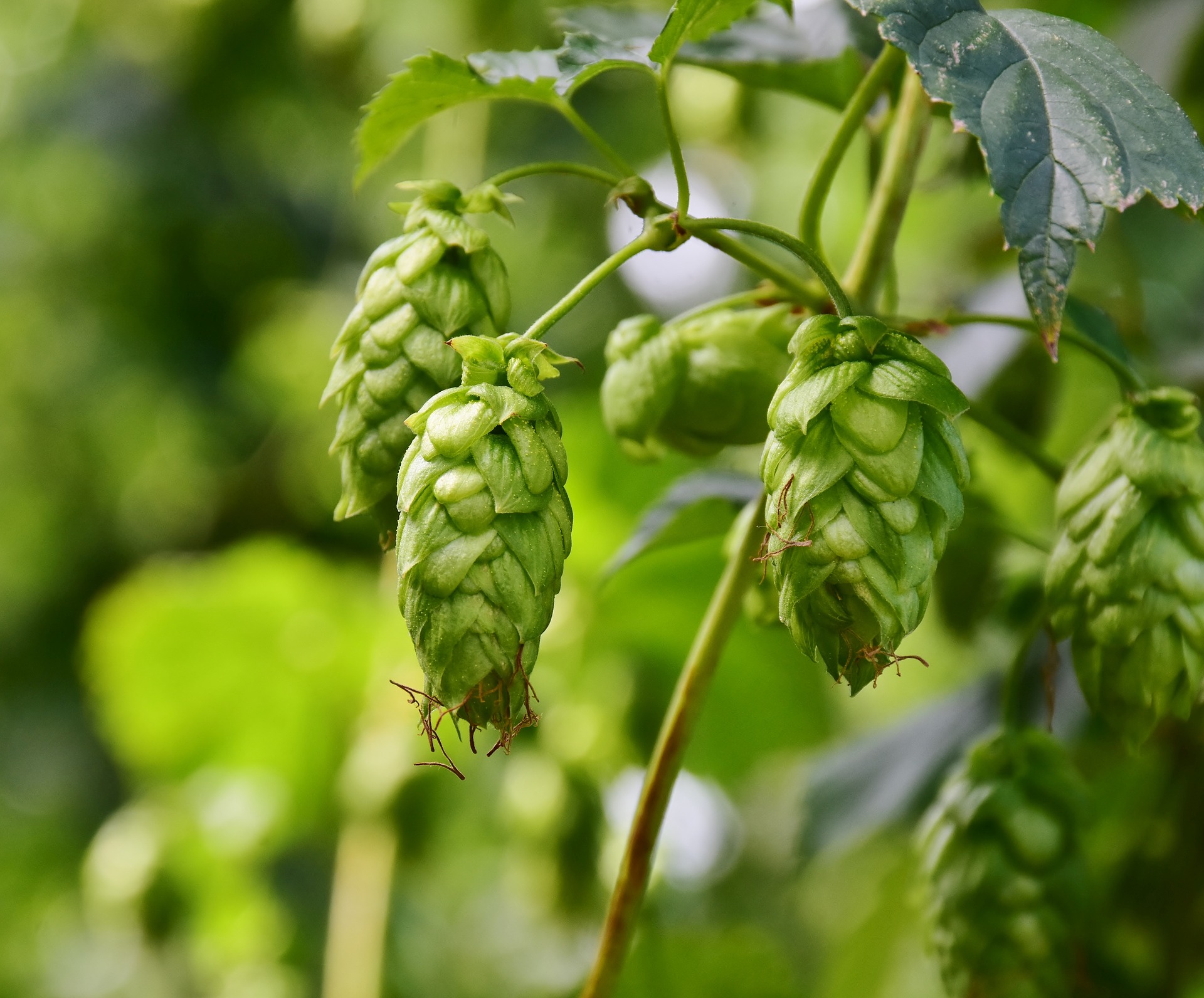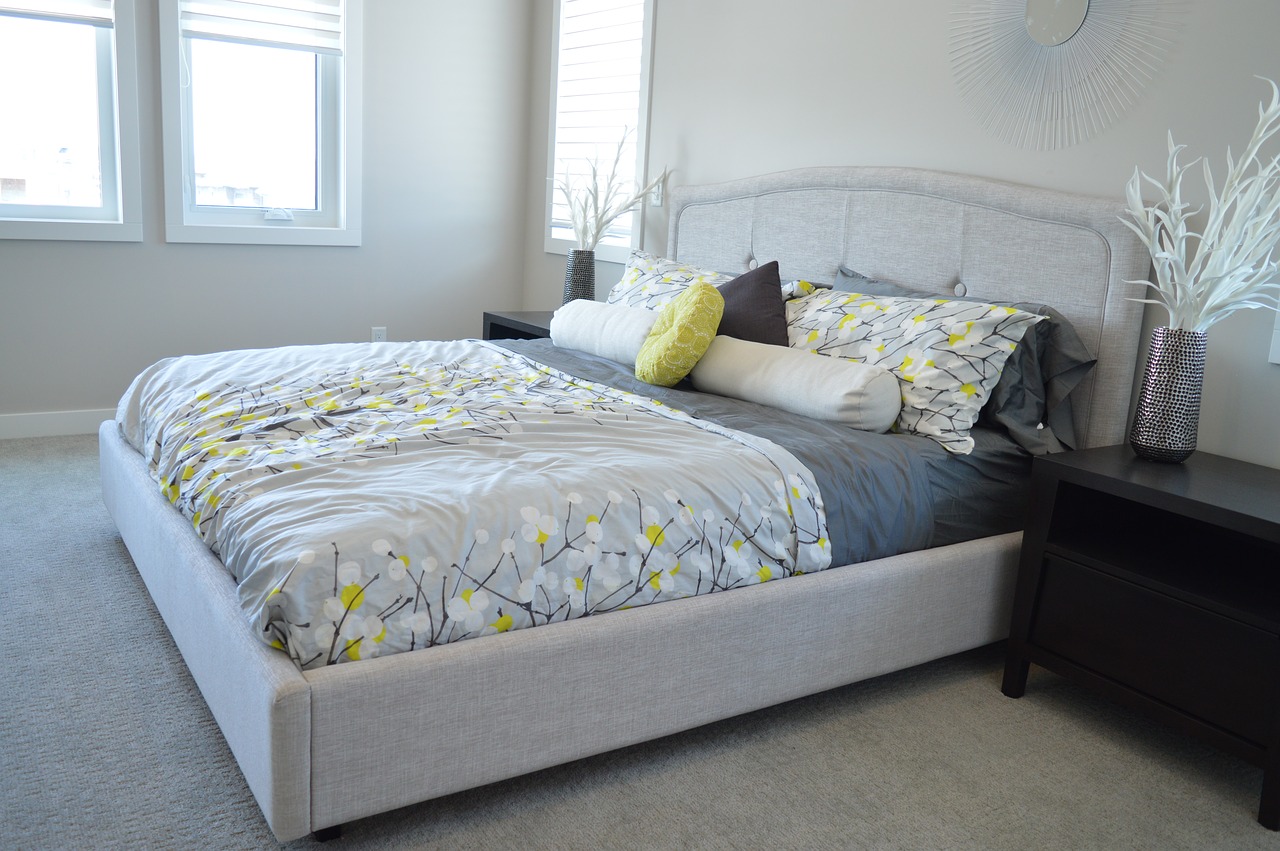
Wimbledon 2020 Cancelled
It is almost that time of the year when people would go watch a sporting

It’s still Oktoberfest time in many countries, even if the official celebration is over – having run from September 21st until October 7th this year. It is celebrated every year in Bavarian Germany with overflowing beer, bountiful food, and exceptional fun. Considered as the most important beer festival, Oktoberfest is where millions of litres of different beers are offered and imbibed. You may not have been able to catch up with the remainder of the celebration in Munich, but first, you need to know some information about beer and sleep.
Beer can actually help you as a sleep aid initially, but an excess will instead keep you from getting quality sleep – even if you black out after drinking more than your share. The following is a scientific account of how beer ranks as a sleep aid, and the reason why you should watch how much you take in this Oktoberfest.
The modern beer is brewed with hops, which give it its bitter flavour. Hops come from the female flower of the hop plant also known as Humulus lupulus. However, they are not only used to make beer, because since the 9th century and earlier, they have been utilised as herbal remedies in Europe. The tranquilising effect was seen on hops farmers who were likely to fall asleep at work even if their work were not any more taxing that that of others who were working in the fields. From that time on, especially when people began using hops in brewing beer, scientists began studies that were about what hops does to the body after it is ingested. Subsequently, the sleep-inducing reaction of hops was again looked into and it has come under close observation as a component in treating sleep disorders.

Further studies are still being conducted, but current research has revealed that hops may help promote sleep. Two separate studies about how hops may boost excellent sleep demonstrate that women and university students who drank non-intoxicating drinks containing hops had better sleep and did not experience tension. One of these studies is published in the PLOS One journal and the other in Acta Physiological Hungarica.
It is emphasised that the studies were conducted using non-alcoholic beverages. The reason for this is that imbibing too much alcohol at any time day or night, can upset sleep. It may feel like alcohol can help you sleep because it can quickly make you sleepy, but it really doesn’t promote better sleep because it minimises the quality of your sleep.
27 other research programs reviewed together showed that alcohol diminishes therapeutic REM sleep. This is the sleep stage where new skills from short term memory are transferred to long term memory, among other healing effects. So, without this, you would be deprived from absorbing important learning steps. With insufficient sleep, your body cannot not rid itself of toxins. Furthermore, not sleeping well prevents your brain from making creative associations and prevents you from making sound decisions. Besides, alcohol can cause sleep disorders like the seriously threatening sleep apnea. In any event, alcohol makes you drowsy when you should be alert, and leaves you generally unfocused.
To put it simply, beer or any other form of alcohol is not an effective sleep aid because it does not help you get good sleep. Although it may facilitate falling asleep faster, alcohol more effectively causes disturbances in the sleep cycle, which manifest through the second half of the night. You will assume that you have had a good night’s sleep because falling asleep was easy, but actually, you did not.
If you choose today to have one for the road, it’s your call. We just wanted you to know how it can upset how good your sleep will be tonight, and how well you will function tomorrow. Hops – just one ingredient in beer – can indeed help you sleep, but you should take it from non-alcoholic sources.

It is almost that time of the year when people would go watch a sporting

Queen Elizabeth II has two birthdays to celebrate: her actual birthday on 21 April and

The first of May is celebrated by many countries around the world as Labour Day